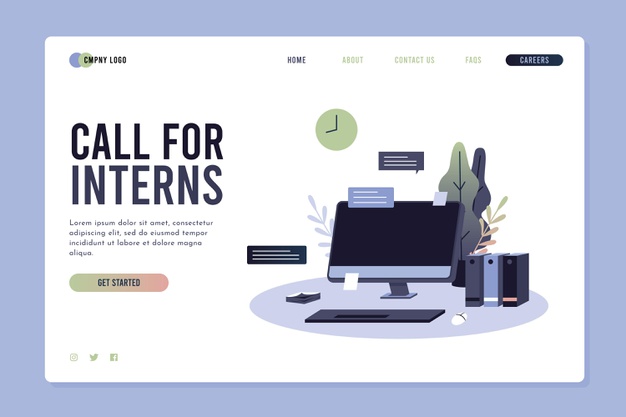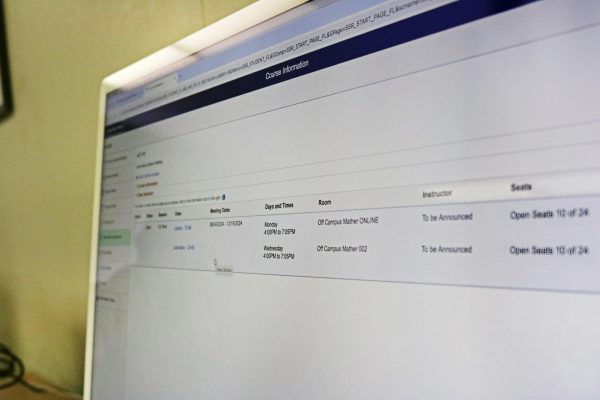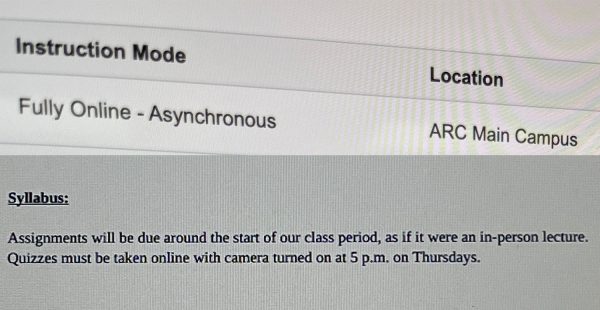Unpaid internships exploit people who hope for a better life
Unpaid internships sell you on a dollar and a dream, but the dollar isn’t even guaranteed
Unpaid internships need to be a thing of the past. They usually only work for people who are well off or have parents to help with finances, which limits the talent available. (Photo via Freepik)
There are two types of internships, paid and unpaid internships. Both are similar; the main difference is that one doesn’t pay and only offers experience and a chance to work for the company or get a job elsewhere.
Earlier this month, the NFL Network’s Jane Slater’s tweets about unpaid internships sparked a debate across Twitter. Some people were arguing that such internships are good opportunities that can help you get your foot in the door and that people who oppose unpaid internships are lazy and want things handed to them. Meanwhile others argued that unpaid internships are only realistic options for people who are already well off or have family that can support them.
But, why is this even a debate?
Why is it even considered okay for corporations making millions and billions of dollars to exploit people who are hungry for an opportunity to do what they love for a living?
These internships sell you on a dollar and a dream, but the dollar isn’t even guaranteed.
The sell is, work an internship and you can reach your dream job and make a ton of money. But what happens when things don’t work out? They move onto the next person and offer that same hope while you have nothing financially to show for all the work you put in. They use people for free labor and all they offer is a chance to be employed by them or someone else in the future.
These internships sell you on the opportunity to get your foot in the door and meet people who can get you to your dream job. Then they get all they can or want out of you and just move onto the next person and continue repeating the cycle because they know they can.
For years, unpaid internships were seen as a way to make connections that will help you in whatever profession you wanted to get into. It was just a step people often took because they thought it was required to get where they wanted to be.
When you get a job, you either usually get paid for the hours you work, or are on a salary. Why is an internship different? A foot in the door or connections won’t pay the bills, and definitely shouldn’t be the only thing you are getting for all your hard work.
This method is fine for people who are well off or have parents that allow them to stay with them while completing school and doing these internships. But for others, this isn’t a real possibility.
For students who are responsible for their finances, working for free can cause the need for another job on top of the internship just to make ends meet. And even when someone is doing an unpaid internship while also having a job that pays them, some even possibly going to college on top of all that, they are risking their health to do so.
People shouldn’t have to risk sleep deprivation in order to get by.
For students whose families are financially dependent on them, an unpaid internship isn’t even an option.
This severely limits the talent that is available and often causes the lack of diversity you see in many corporations today.
The work that you do for these unpaid internships doesn’t even always prepare you for the job you want. Why am I running around and getting coffee for people when I want to be an actor or actress, work in sports or work in finance?
They sell you on a chance to reach your dream career when in reality all they are going to use you for is the dirty work that they don’t want to pay someone to do.
And we’re just OK with that? Because it’s masked as just something that is needed to get to where we want to be?
We need to get rid of the mindset that it is okay for corporations making millions and billions of dollars to exploit talent with the hope of a better future.















